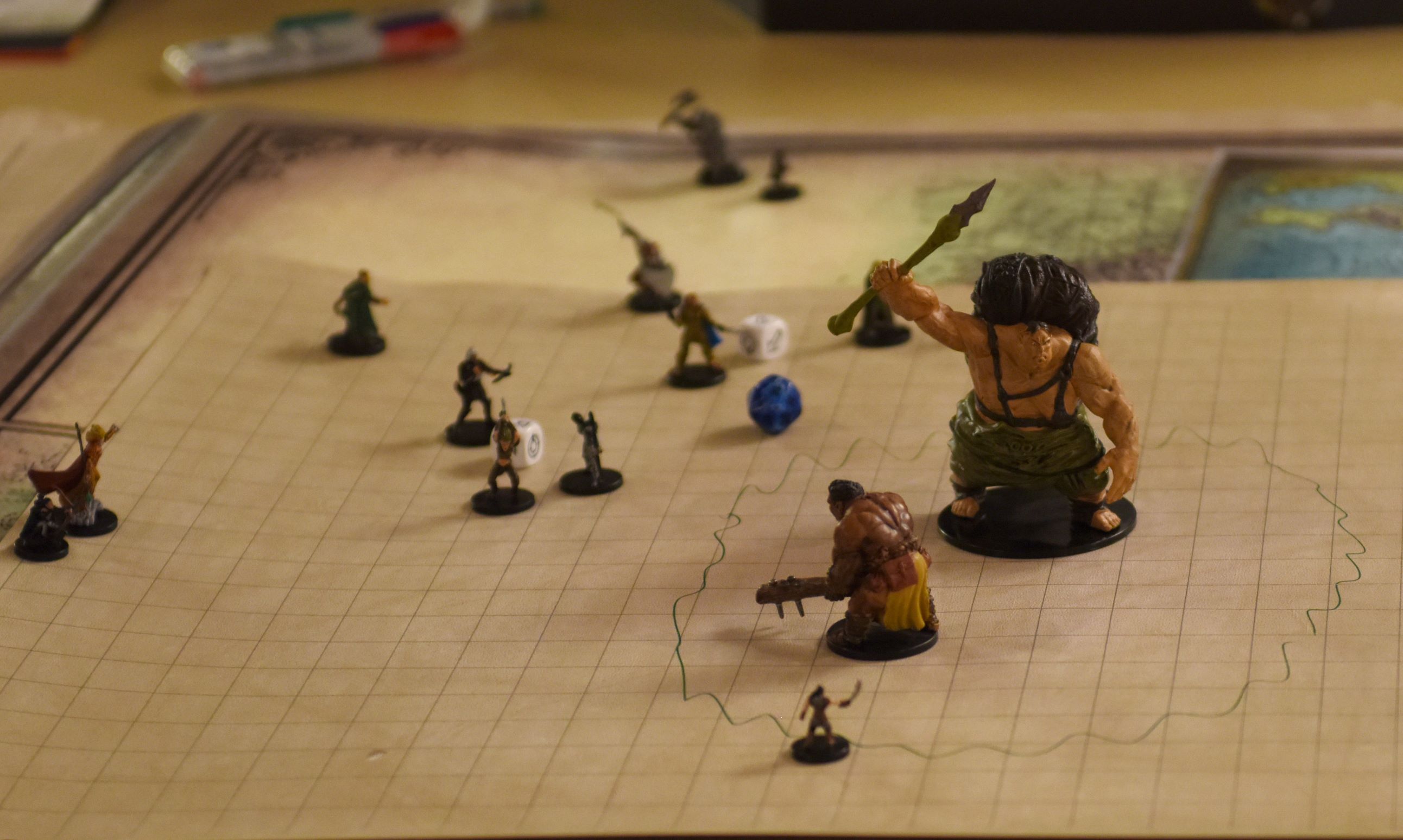Pathfinder’s first edition wasn’t exactly known for being the simplest system with the easiest to understand rules. Today, we help a GM guide their newbie through building a level 8 Inquisitor that they can handle and understand.
Dear DovahQueen: I have a player who is new to Pathfinder jumping into a level 8 game I am GMing. How do I not overwhelm them with all of the rules and combat options? Normally I would suggest playing a simpler class like Rogue or Fighter, but they like the look of the Inquisitor.—I Just Don’t Want to Overwhelm Them
Dear Overwhelm: You’re right to be thinking about such things. The first edition of Pathfinder isn’t exactly known for being a simple system that is easy to grasp for folks new to playing tabletop RPGs. I think that’s why 5th is doing so well, to be honest. But that’s not to say that PF1 can’t be both fun and understandable for new players. I’ve spent a lot of time trying to learn a lot of new and complicated things as a biologist, and one thing that I think matters more than anything else, when learning something new, is presentation. You’re not wrong that there are more user-friendly classes for newbies like Fighter or Rogue, but I agree more with your line of thinking. If a player is excited about a character, it’s our job to help them realize *that* character. Just because a Fighter would be easier doesn’t mean it’d also be more fun. I think our best option to help them figure out the game and the class is to brainstorm ways of presenting the information in the most accessible way possible. The same could honestly be said for any class, really, but I’m going to focus on the Inquisitor here.
I always start with character creation. Guide them through the basics of what it takes to create any character first. Keep it modular to be easier understood. Oh and don’t forget to encourage them to think less in game-terms and more at the conceptually level for these parts. It helps so much for new players to get into the game when they’re really just picturing and describing a character while you help them flesh it out in-system terms. Ask them about the character they see in their imagination. What race are they? Human? Half-orc? Dwarf? Do the same for each of the ability scores, but do remind them that Wisdom is also going to go to the spells they’ll get later as an Inquisitor. Can your character bench a truck? Do they have a silver tongue? What about their common sense? Breaking it all down Barney-style and just asking them about specific concepts outta help you put the numbers on the page that’ll make sense to them later. Feats and traits are going to be more difficult, due to the sheer amount of options, so I normally talk to new players about them last. And when I do, I typically only pick out 10 or so that I think make the most sense for them to pick from.
More class-specific features, like Domains, shouldn’t be too hard either. “An Inquisitor is sworn to the service of a particular deity’s church. What kind of deity would yours follow? A war god? A god of the dead?” Parsing out info like this should make picking the deity fairly straightforward. Give some ideas which gods fit their profile. “Ok, so you liked Pharasma. Which aspect of Pharasma do you most want to embody? You have Death, Healing, Knowledge, Repose, and Water as options for her.” What we’re doing is filtering out the insane number of PF1 options just by asking simple questions and trying to explain what the remaining options are in ways that are easily understood by even the lay-person.
I think the areas that are going to take the most work on your part will be Judgements and spells. And for this, I recommend index cards! I get a lot of mileage out of index cards; I use them for spells, inventory, quick notes for specific players, poisons, stat blocks, initiative tracking, and almost anything else you can think of. I would summary each judgement on an index card labeled “Judgements in battle – three times per day, two per combat,” and I’d set that card aside. Then, I’d help the player pick out which spells they’d like to know. I’d make one index card that summarizes their orisons and another that summarizes their first level spells. Make sure you put on the top how many times per day those spells can be used. If they were starting at level 1, I don’t think they’d have any trouble from here. But it’s not level 1. It’s level 8. I’d go down each class feature and put it on another index card with another summary. Well, not *each* class feature—the ones that only add numbers to other numbers can simply be recorded on the character sheet. But for stuff like Discern Lies? Index cards. Bonus points if you get those cool packs that come in different colors. Maybe all spells are on blue cards. Teamwork feats could be green.
Really, I think it’s just gonna come down to finding ways to simplify and summarize what they need to know. For me, that always starts with explaining things in ways that are less game terms and more the way you’d talk about a character in a movie or book. Then, for stuff that kinda just *has* to be complicated, I like to write it in my own words on something like a post-it note or index card. Being able to spatially organize abstract things like class features helps when it starts to get overwhelming. But good luck! I’m sure that with your help, they’ll make a fun Inquisitor and everyone will have a great time.
You can request RPG advice by sending an email to deardovahqueen@gmail.com or by message on Facebook.







